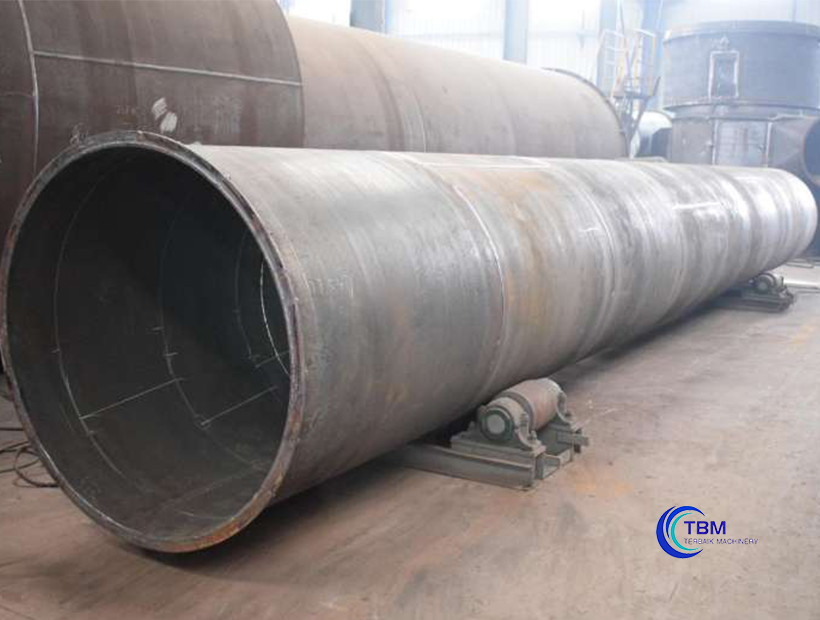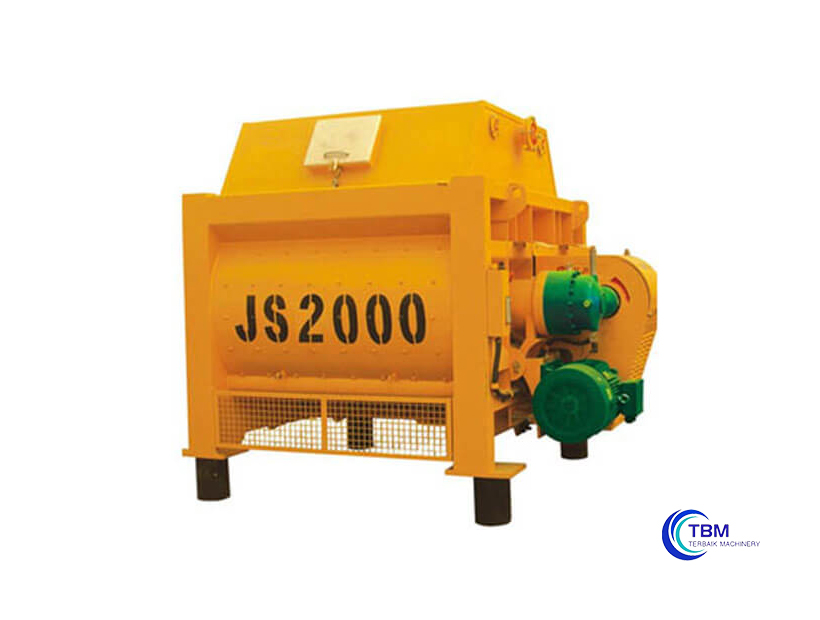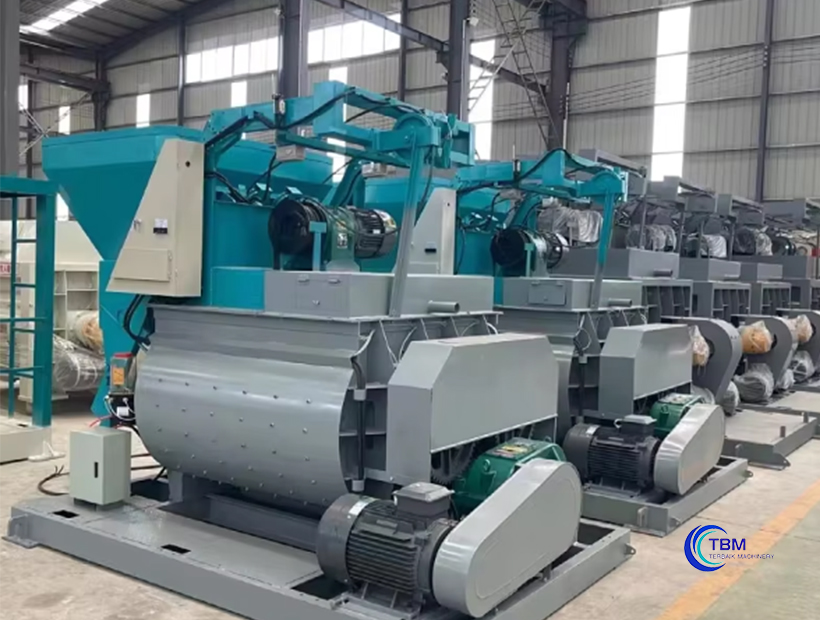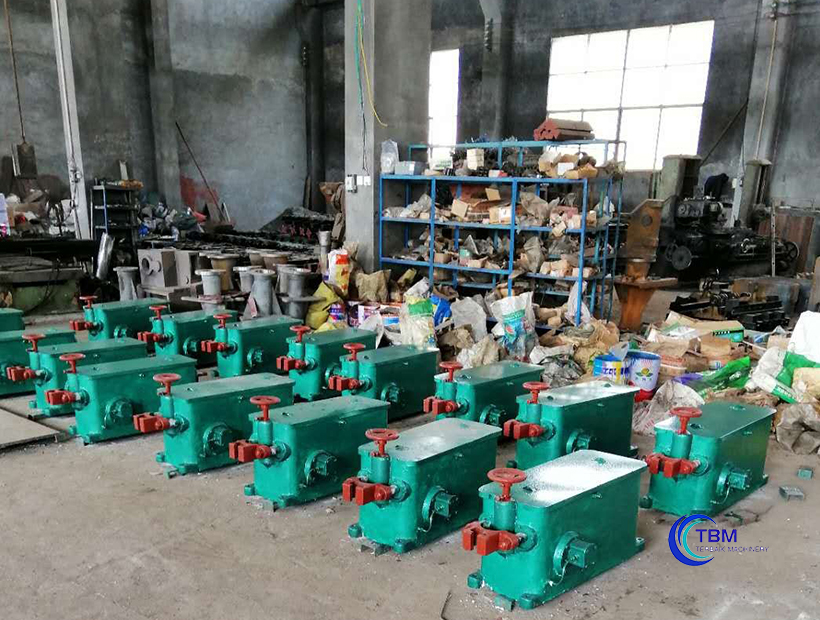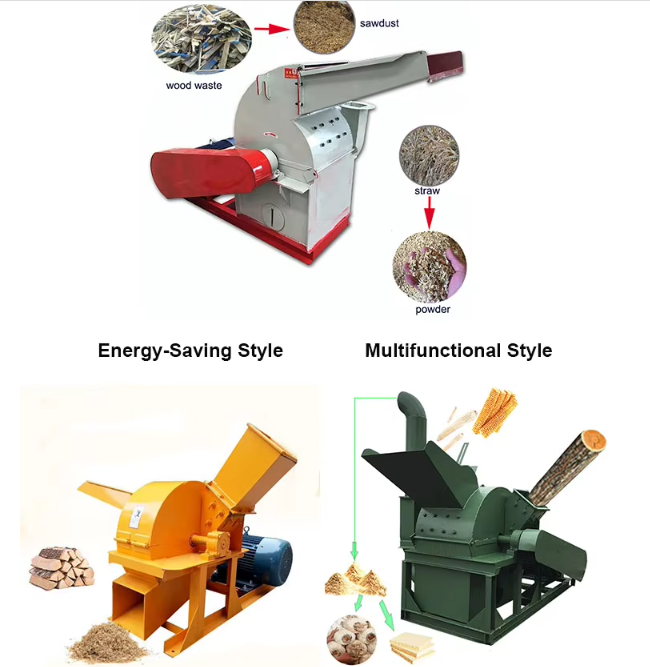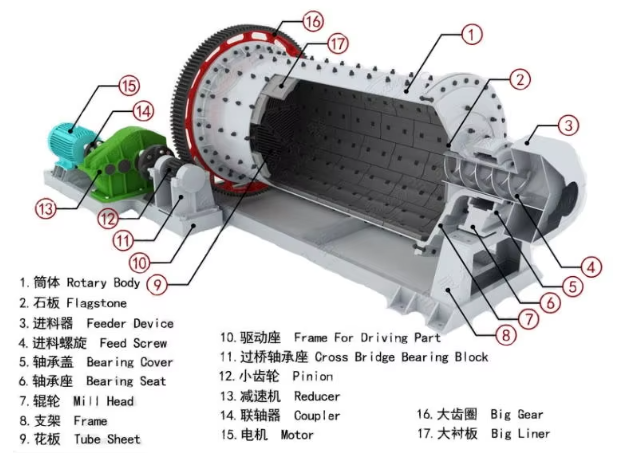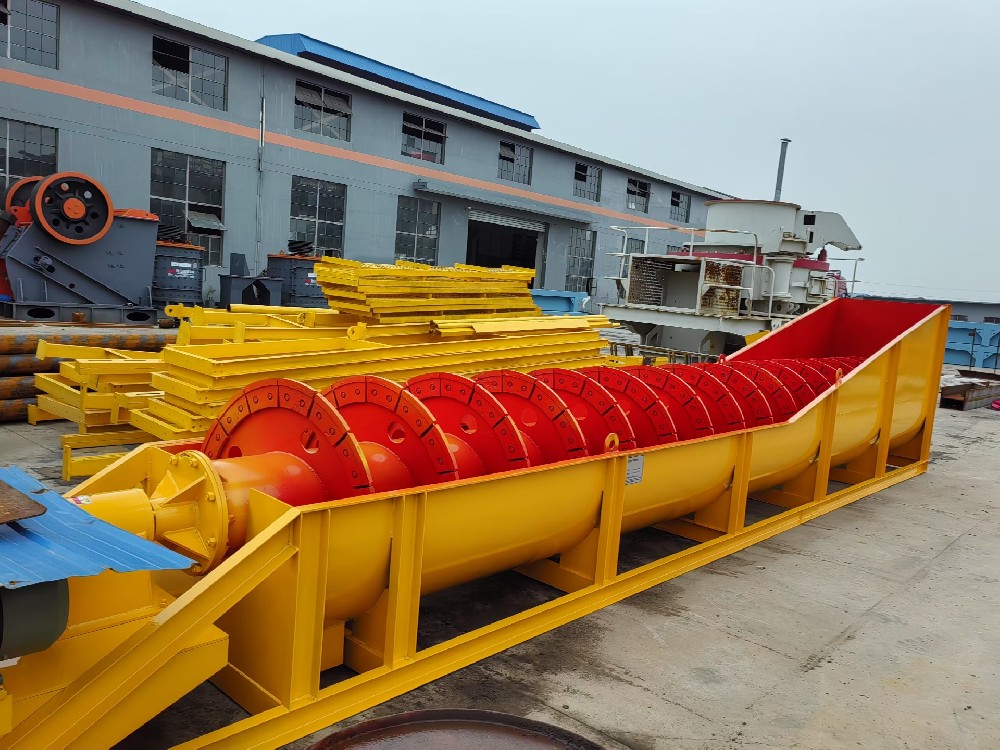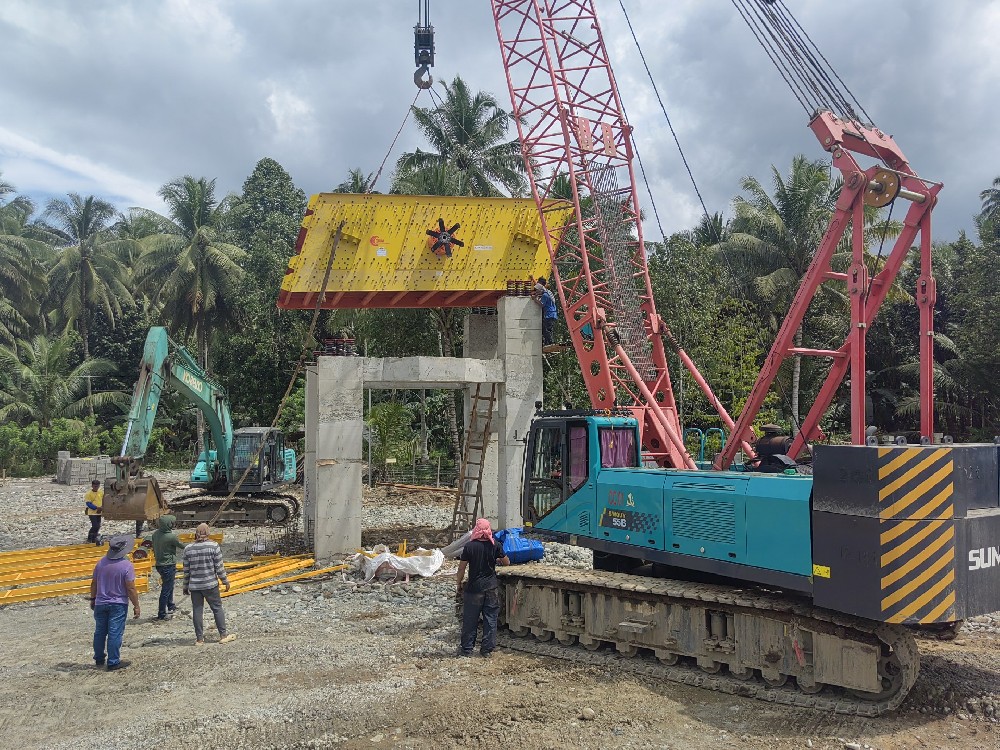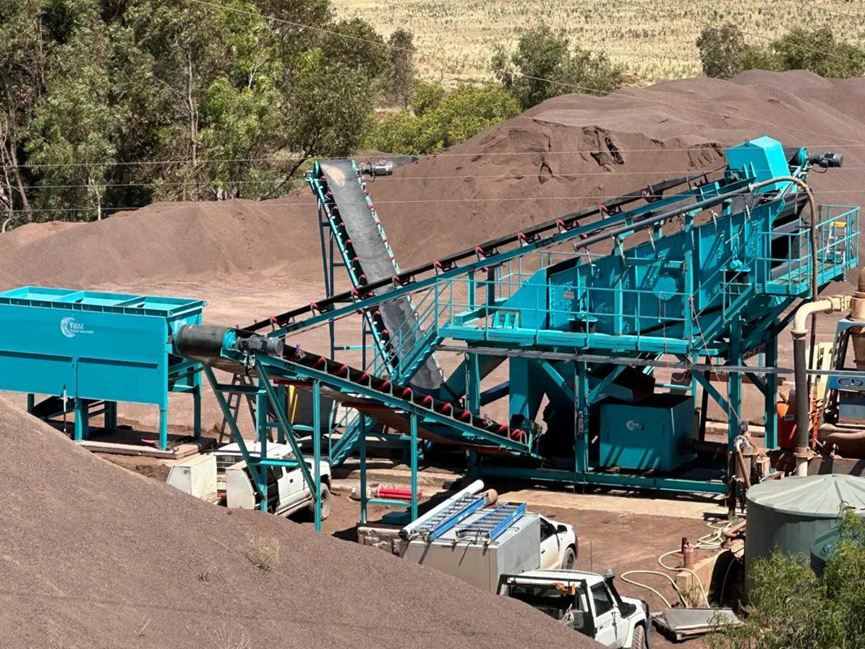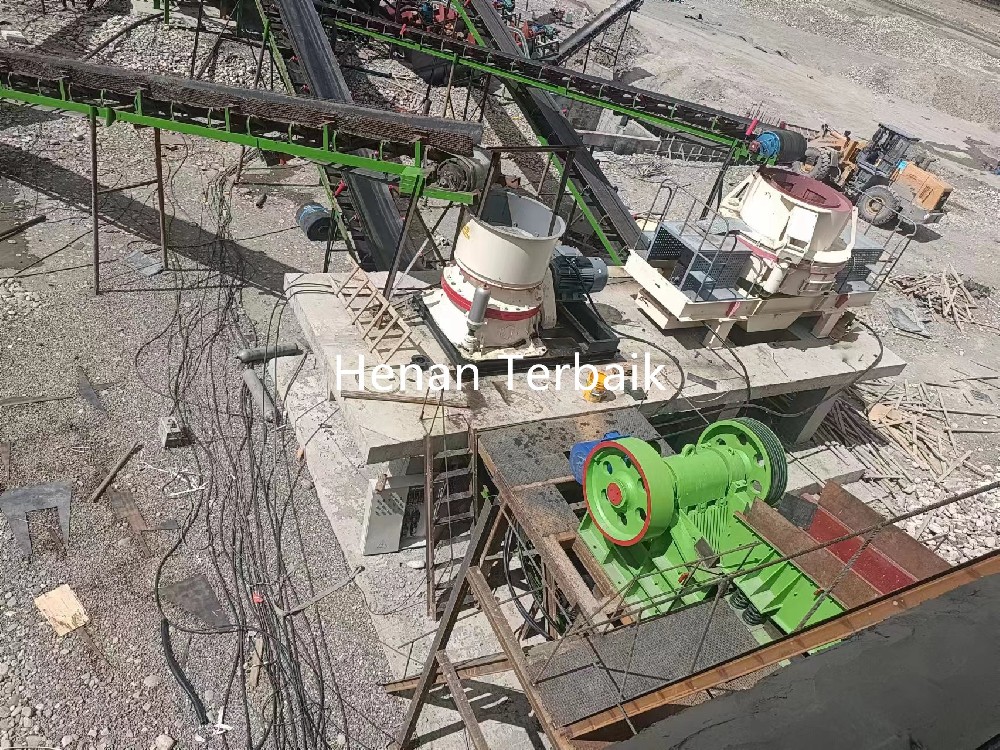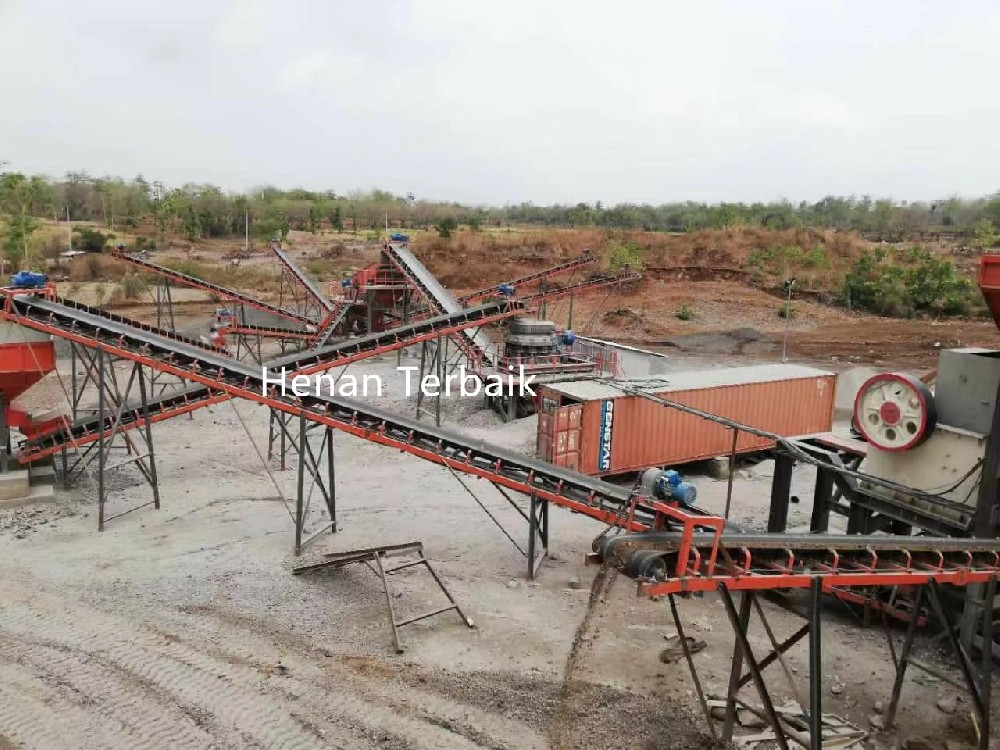The rotary kiln is a cornerstone of the mining and cement industries, offering high efficiency and precise control over material processing. Henan Terbaikmachinery, a leading manufacturer of mining crushing equipment, specializes in providing innovative rotary kiln solutions tailored to meet the needs of businesses in Southeast Asia and Africa. This article dives into the advantages of rotary kilns, their working principles, and how they operate under extreme temperatures, making them essential for various industrial processes.
What Are the Advantages of a Rotary Kiln?
The rotary kiln offers several advantages that make it indispensable for processing minerals and materials in the mining and cement industries. One of its key benefits is its continuous operation, which allows for efficient production without frequent stoppages. This continuous process ensures a higher output rate and more consistent material quality.
Rotary kilns also provide excellent temperature control, which is critical for processes like cement production, ore roasting, and calcining. With the ability to reach and maintain specific temperatures, rotary kilns ensure that materials are processed uniformly. Moreover, the rotary kiln design offers flexibility, accommodating various materials, making it suitable for multiple applications across industries.
Henan Terbaikmachinery’s rotary kilns are built to withstand harsh working environments while maintaining high operational efficiency, ensuring durability and cost-effectiveness for mining companies.
What Happens Inside a Rotary Kiln?
Inside a rotary kiln, materials are heated to extremely high temperatures, often reaching over 1400°C, depending on the specific process. The cylindrical, horizontal structure of the kiln rotates, allowing materials to tumble and mix, ensuring even heating. As the kiln turns, the materials pass through various temperature zones, undergoing chemical and physical transformations, depending on the process.
For example, in the cement industry, raw materials like limestone and clay are heated, causing chemical reactions that produce clinker, the primary ingredient in cement. In mining operations, the rotary kiln may be used for roasting ores or reducing mineral compounds, preparing them for further refinement.
What Temperature Does a Rotary Kiln Get To?
The temperatures inside a rotary kiln vary depending on the process and material being treated. However, typical operating temperatures can range from 700°C to over 1400°C. Cement production, for instance, typically requires a rotary kiln to operate at temperatures between 1300°C to 1450°C to ensure that raw materials react and form clinker efficiently.
Mining processes may use lower or higher temperature ranges, depending on the specific material being processed. The ability of Henan Terbaikmachinery’s rotary kilns to handle such extreme temperatures is one of the reasons they are trusted across industries in Southeast Asia and Africa.
What is the Working Principle of a Kiln?
The working principle of a rotary kiln revolves around its rotating drum, which ensures even heating of the materials inside. The kiln is slightly inclined, allowing materials to move slowly through the length of the drum. The kiln is heated externally, often by gas burners, and this heat transfers to the materials inside the kiln.
As the materials pass through the kiln, they are subjected to different thermal zones, each designed to facilitate specific chemical reactions or physical transformations. In processes like cement production, the material is heated to such a high temperature that it melts and then solidifies into clinker as it cools.
The rotary kiln process is not only efficient but also provides precise control over the heating and cooling stages, ensuring consistent product quality.
Conclusion:
Henan Terbaikmachinery’s rotary kilns are indispensable tools in industries like mining and cement production, offering superior temperature control, continuous operation, and adaptability to various materials. These kilns ensure that businesses in Southeast Asia and Africa can meet their production targets with precision and efficiency.
For more information about our rotary kiln design, pricing, or to learn how Henan Terbaikmachinery can assist with your industrial needs, contact us today.




